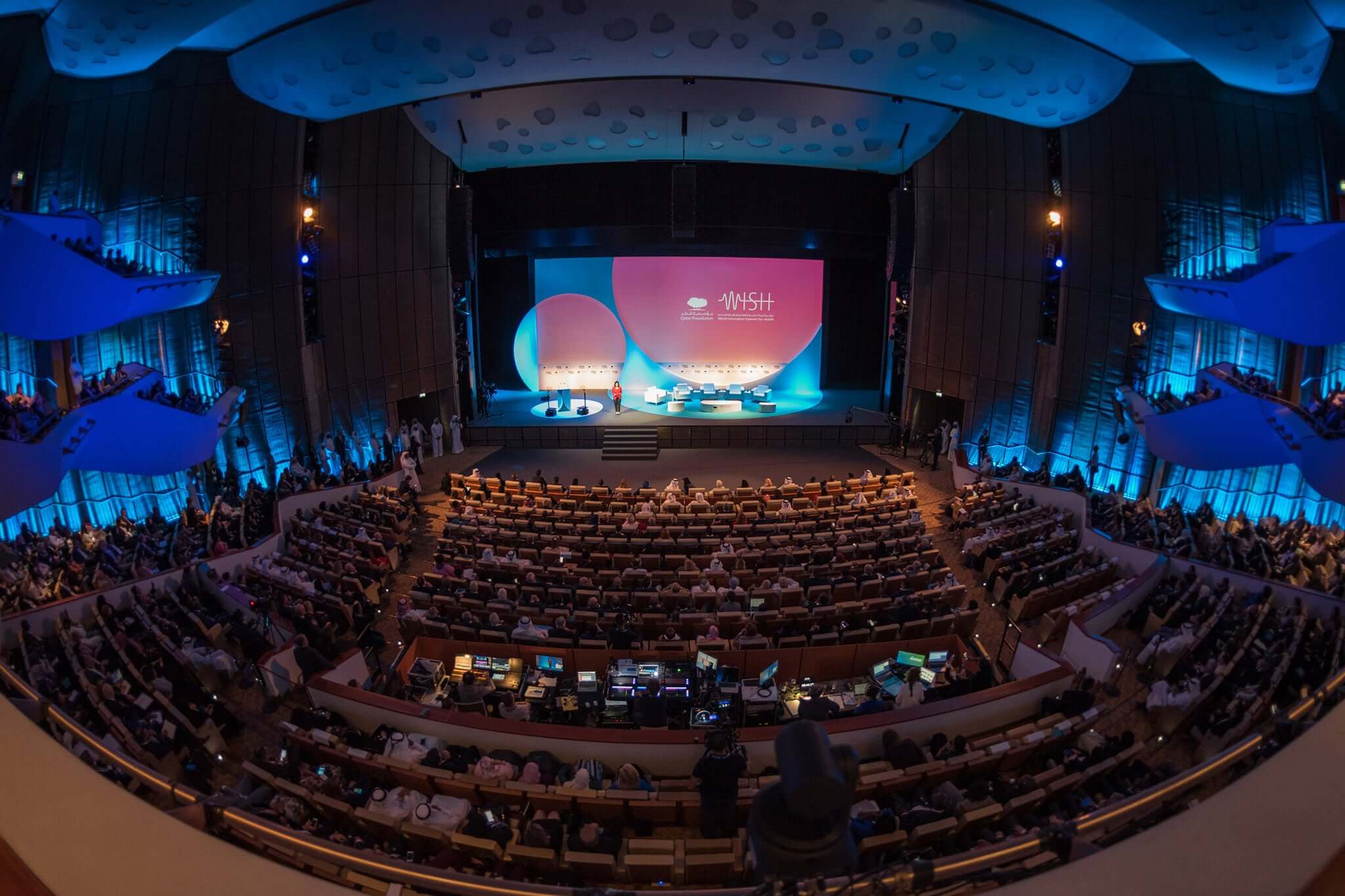Instead of focusing on treating the disease, how can we prevent it? Experts say the health system needs to change to avoid future pandemics.
This year’s World Innovation Summit for Health (WISH) has gathered health professionals, policymakers, academia, and government representatives from all around the world under one roof to discuss advances and challenges in the industry.
The summit kicked off at Qatar Foundation under the theme “Healing the Future” and highlighted several strategies that might help rebuild healthcare systems around the world for the better.
Dr. Maria Van Kerkhove, the technical lead for the Covid-19 response at the World Health Organization (WHO), was one of the speakers. The expert discussed ways in which nations could implement to prepare for the next pandemic.
The discussion then began by looking at the decline of Covid-19 and posed the question of whether the general public was prepared enough to take the necessary precautions to protect themselves from infection in the event of a new pandemic wave.
To accomplish this, it is crucial to be aware of what may be done to prepare for potential upcoming pandemics.
First, she explained, leaders need to cooperate with organisations like WHO and send a prior warning to better ready for a global emergency. This way, other countries are informed prior to a possible outbreak in order to be better prepared to curb the spread.
The warning, then, needs to be taken seriously. As an example, the official cited the warning WHO provided prior to the outbreak in January 2020, which informed countries around the globe but failed to assemble enough response to curb the spread.
However, she said returning to a level or normalcy now may not be as easy as people believe
“Just because the finish line is in sight doesn’t mean that we have crossed it. The changes we have made need to stay; they can’t be dismantled. The world wants an end to the discussion around Covid-19, and we certainly are doing better compared to a year ago,” she said.
“However, we still need to measure our ability to track changes, understand the next variant and reduce the impact of the next pandemic.”
Dr. Van Kerhove also discussed the potential timing of a new pandemic, drawing on her expertise as an epidemiologist at WHO.
She pointed out that our ability to act quickly can increase the effectiveness of our reactions and keep the entire world, especially low-income nations, on high alert for the next pandemic.
Addressing vaccine inequality
One of the major key elements discussed in this year’s summit is vaccine inequality.
As countries continue to expand their vaccination drive to curb the spread of the virus globally and return to normality, it is fair to say that not all countries received their fair share of the shots.
Jean-Louis Excler, Program Director of New Initiatives at the International Vaccine Institute in Seoul, South Korea, described in the WISH report on “A New Era for Vaccine Innovation” how the pandemic sparked a sense of vulnerability among low-income countries worldwide and prompted countries to take specific actions for vaccine development.
Aids were being sent globally, initiatives were launched and a global effort has been made to address the vaccine inequality, especially in African countries, to help put an end to a pandemic that took the lives of millions.
It is time to keep people safe
During the opening ceremony, Dr. Noubar Afeyan, the co-founder of Moderna, addressed the importance of preventative measures in stopping a global healthcare emergency.
“The efforts of all of us in this room to advance human health are taking place against the backdrop of what we call a health care system, but in reality is a sick care system,” he said.
“We spend an enormous amount of time, effort, and money treating people once they are sick, rather than trying to keep them healthy,” said Afeyan.
Waiting until a disease manifests results in increased expenses, fewer people being able to obtain care, and worse outcomes, added the expert, who is also the founder and CEO of Flagship Pioneering, a US-based life sciences venture capital company.
Healthcare disparities may be resolved through early identification that prevents disease and reverses or manages a pre-disease condition.
“We call this preemptive health: the application of leading-edge biological sciences and digital technology to traditional public health goals,” he explained.
In discussing the development of Moderna’s Covid-19 vaccine, Afeyan emphasised the importance of creativity and innovation in producing biotechnological leaps.







